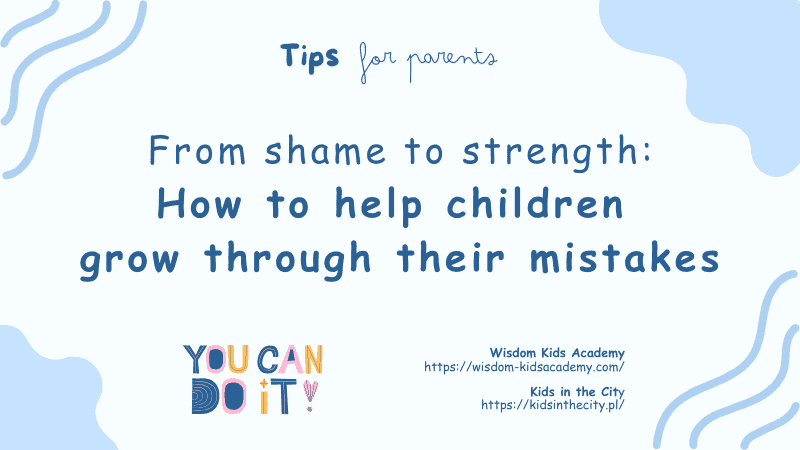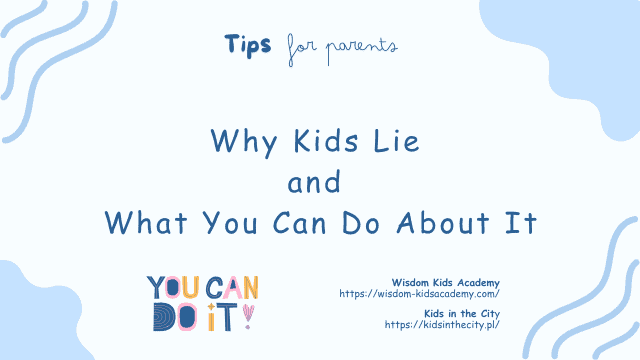Limor Jasinski, a Mindset Coach for Kids and Teens based in Warsaw, founder of Wisdom Kids Academy, on how to help your child make friends
Making friends can be a joyous part of childhood, but for some kids, it’s an intimidating challenge. Shyness and social anxiety can make social situations feel like climbing a mountain. As parents, we want to guide our children through these tough terrains, helping them to form meaningful and positive friendships. Here’s how you can support your child in navigating social situations with confidence and ease.
Understanding Social Anxiety in Children
Social anxiety isn’t just being shy; it’s a deeper, often overwhelming fear of social interactions. It’s like standing at the edge of a diving board, looking down at the water below, and feeling paralyzed by the thought of jumping in. For children, this can manifest in reluctance to join group activities, avoidance of eye contact, or even physical symptoms like stomachaches. As a Confidence Coach with years of experience in workshops and school activities, I’ve seen how this anxiety can hinder a child’s ability to connect with peers.
Social anxiety affects approximately 9% of children and adolescents, and recognizing it early can make a world of difference in their social development. The first step in helping your child is understanding what they’re going through.
Identifying Signs of Shyness and Social Anxiety
How can you tell if your child is shy or socially anxious? Look for these signs:
- Reluctance to Engage: Avoiding social situations, such as parties or group activities.
- Physical Symptoms: Complaints of headaches, stomachaches, or feeling sick in social settings.
- Negative Self-Talk: Expressing fears of being judged or embarrassed.
- Dependence on Comfort Zones: Preferring to stay close to you or familiar environments.
If these behaviors sound familiar, your child might be struggling with more than just shyness. It’s essential to approach this with empathy and patience.
Building Confidence: Strategies for Parents
Boosting your child’s confidence in social situations is akin to building a strong foundation for a house. Here are some actionable steps:
- Model Confident Behavior: Children learn by observing. Show them how to greet others warmly and maintain eye contact.
- Role-Playing: Practice common social scenarios at home. For example, pretend to be a new friend and have your child introduce themselves.
- Praise Effort, Not Just Success: Acknowledge their bravery in attempting social interactions, even if they don’t go perfectly.
- Encourage Independence: Give them opportunities to make decisions and solve problems on their own, fostering a sense of self-reliance.
Creating Opportunities for Social Interaction
Low-pressure environments are key for children to practice social skills. Think of these as training wheels on a bicycle; they provide stability while your child learns to balance.
- Organize Playdates: Start with small groups to minimize overwhelm.
- Enroll in Activities: Find clubs or classes that align with your child’s interests. Shared interests can be a great icebreaker.
- Community Involvement: Encourage participation in community events or volunteering, where the focus is on a shared goal rather than individual performance.
Encouraging Healthy Friendships
Not all friendships are created equal. Teaching your child to recognize and cultivate positive relationships is vital.
- Discuss Qualities of a Good Friend: Talk about kindness, respect, and honesty. Use examples from stories or TV shows they enjoy.
- Monitor Interactions: While you shouldn’t hover, it’s good to observe how your child interacts with peers and guide them if needed.
- Encourage Open Communication: Make sure your child feels comfortable talking to you about their friendships, including any challenges they might face.
When to Seek Additional Support
Sometimes, despite our best efforts, our children may need more help than we can provide. It’s crucial to recognize when it’s time to seek professional support.
If you’re uncertain, it’s always wise to consult with a specialist in the field, such as a therapist or counselor. These professionals can provide targeted strategies and a safe space for your child to explore their feelings. As a coach, I offer comprehensive support plans that help children learn specific skills to develop and strengthen their self-esteem, self-confidence, and communication skills. This includes guidance on overcoming fears and navigating social situations more confidently.
Conclusion
Helping your child make friends is not just about easing them into social situations; it’s about equipping them with the skills and confidence to form meaningful connections. Remember, every small step they take is a victory worth celebrating. With your guidance and support, your child can learn to dive into social waters, not with fear, but with excitement and curiosity.
What strategies have you found helpful in managing your child’s strong emotions? Share your thoughts and let’s support each other in this journey of parenting.
About the Author
Limor Jasinski – the founder of Wisdom Kids Academy in Poland, and a fervent advocate for children’s development. A Tel Aviv native, Limor’s journey in nurturing young minds began early in her career when she worked as a caretaker for children, revealing her innate connection with them. This connection sparked a lifelong passion that led her across continents, from the welcoming communities of Canada to the enchanting landscapes of Poland and Warsaw.
Limor holds over a decade of experience in coaching, starting with her certification from TUT Coaching College and followed by advanced training at the Robbins-Madanes Training program in the U.S. She further honed her skills by earning a Practitioner of Excellence certificate from The Strategic Intervention Coaching Institute and becoming a certified Wisdom life coach for kids through Adventures in Wisdom.
At Wisdom Kids Academy, Limor uses the WISDOM System for Coaching Kids™, a part of the Adventures in Wisdom™ Curriculum. This innovative program, which includes 27 specially designed books, has been adopted by life coaches in over 30 countries to develop personal growth and leadership skills in children and teens. Limor’s curriculum focuses on essential life skills like resilience, self-esteem, and overcoming fears through compelling storytelling, enabling kids to confidently face life’s challenges.
Limor takes pride in her role as a coach, inspiring greatness and encouraging each child to dream big and develop a robust mindset for overcoming any obstacle. Under her guidance, children at Wisdom Kids Academy embark on a transformative journey of growth and discovery, unlocking their potential and achieving their goals with confidence and excitement. Connect with Limor: limor@wisdom-kidsacademy.com, Instagram, Facebook. Wisdom Kids Academy’s website in English.
Wisdom Kids Academy’s services
Explore our full range of offerings and real-life success stories on our website: wisdom-kidsacademy.com. Interested in personalized coaching or engaging workshops for schools and parents? We cover various topics of growth mindset, such as Strengthening Self-Confidence and Making Good Decisions. How do you instill values and self-responsibility at home? Visit us to learn more and share your experiences. Together, let’s enrich our parenting skills and empower our children for a brighter future!















